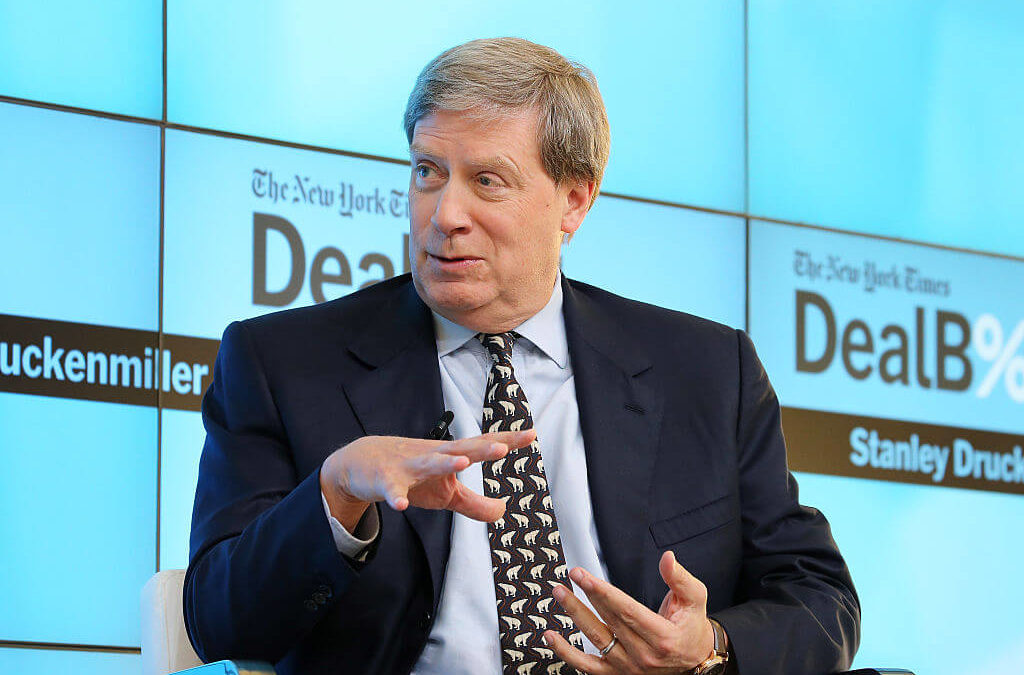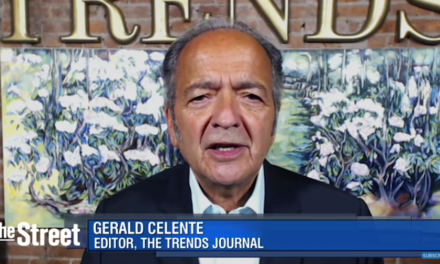Hedge fund manager Stanley Druckenmiller is usually known for a consistent record when it comes to investing in capital markets every year, but his conservative approach ultimately came back to bite him in 2019 as the market saw record high after record high.
Druckenmiller admitted to Bloomberg News that his aversion to risk led him to make some poor choices for Duquesne Family Office, his hedge fund that manages around $2.5 billion in funds, according to third quarter 13F filings with the Securities and Exchange Commission.
He mentioned his fund has finally managed to reach double-digit returns for the year, but the S&P 500 has soared more than 26% since the start of 2019. And the losses can all be traced back to one big move.
Druckenmiller mentioned he had sold everything and shifted his fund’s position heavily into Treasurys back in June. The move was sparked by a tweet in May from President Donald Trump about increased trade tensions between the U.S. and China.
Here’s the tweet that spooked Druckenmiller and tanked the Dow Jones Industrial Average 450 points in one day.
….of additional goods sent to us by China remain untaxed, but will be shortly, at a rate of 25%. The Tariffs paid to the USA have had little impact on product cost, mostly borne by China. The Trade Deal with China continues, but too slowly, as they attempt to renegotiate. No!
— Donald J. Trump (@realDonaldTrump) May 5, 2019
“I couldn’t have been more wrong,” Druckenmiller said.
Prior to the move into bonds, Druckenmiller told Bloomberg that he was “93% invested in the market,” but he was positioned “very timidly” going into 2019 because he thought it was a global bear market at the end of 2018.
“Timid” is not the word to describe Druckenmiller’s attitude in past years. While running Soros Fund Management in the 1990s, he put his stamp on a series of trades that yielded profits of around $1 billion while also tanking the British pound. And Duquense Capital, his hedge fund that is no longer running, averaged 30% annual returns for investors.
“I’m just too conservative in my old age,” Druckenmiller, who is now 66, said.
But he’s ready to make a comeback and is bullish heading into 2020, like many investors, citing low and negative interest rates around the globe.
“We have negative real rates everywhere and negative absolute rates in a lot of places,” he said. “With that kind of unprecedented monetary stimulus relative to the circumstances, it’s hard to have anything other than a constructive view on the market’s risk and the economy, intermediate term. So that’s what I have.”




